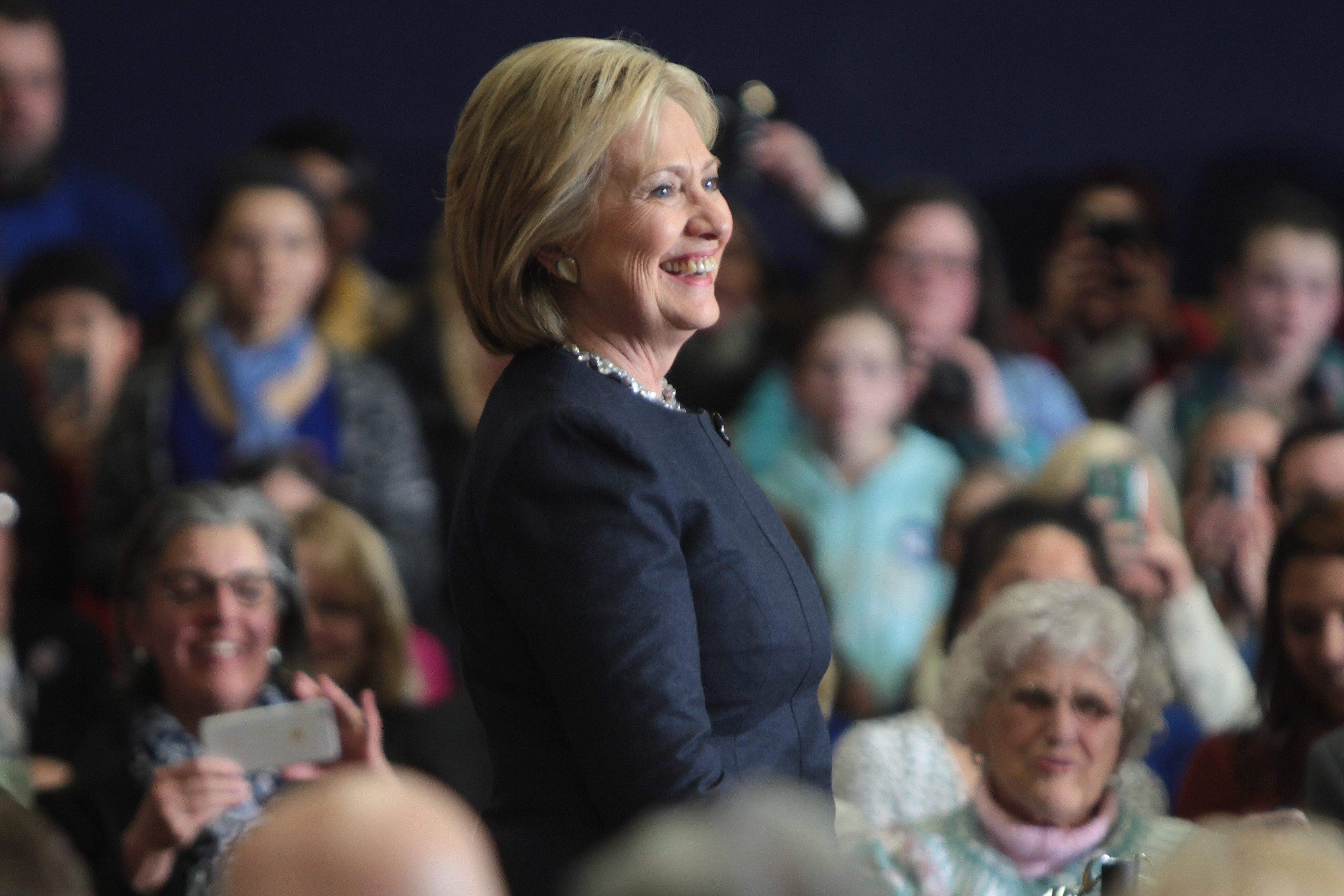Hillary: A New Opportunity for Women’s Rights

As Hillary Clinton soldiers into the home stretch of her presidential campaign, her supporters are ramping up their favourite “why Clinton should win” one-liners. Perhaps the most repeated testimony for Clinton is that “having a woman in the White House will revolutionize women’s rights around the world.” It is true that having a woman president would be an unprecedented step forward for women in the United States and globally. There would be women leading the three largest economies in the West for the first time in history. Yet, Clinton’s audience should be cautious to bank on simply having a woman at the helm of the United States as a catalyst for real change for women’s rights.
When Angela Merkel was elected as Germany’s chancellor in 2005, people also argued that having a woman in one of the most powerful positions in the world would advance women’s rights. In some ways, Merkel has accomplished this. She is an example of a strong woman leading a large and complex country, and the world recognizes this. She was famously Time’s Person of the Year in 2015 and Forbes’ Most Powerful Woman in 2016. She is the most respected voice in the European Union, having led them out of the Euro crisis. She stood fearlessly for accepting refugee immigrants and has taken responsibility for complications in her own country and others for doing so. Against all odds, Angela Merkel has become a force-to-be-reckoned-with in an arena dominated by men, representing a country with a history of forceful male leadership.

Despite rising to be a powerful example of what women are capable of, she has not taken other women with her. Women’s rights were not even part of Merkel’s campaign nor reign until 2015 at the G7 Summit in Germany, when she did advocate for equality in the workplace. She spent a decade in office before throwing the ladder down for other women. Although Merkel is finally starting to push feminist legislation to improve child care and help female-run start-ups, simply having Merkel in office has not made as substantial of a difference in women’s rights that people originally thought it would.
A similar logic that was applied to Merkel was also applied to Obama in 2008, and it fell short there as well. When he was inaugurated and became the first black president of the United States, the general rhetoric was certain that his time in office would bring a new wave of justice for black Americans. In many ways, the opposite has happened in Obama’s two terms. Black Americans currently make up 13% of the U.S. population, but the unemployment rate for black Americans is double that for white Americans. Police brutality has spiked in the last year; the rate of police shootings in 2015 is twice any other year in the past decade. Fatalities from police shootings are disproportionate to black Americans — 24% of deaths caused by police shootings are those of black Americans. The Black Lives Matter movement was created during Obama’s Presidency, and although Obama is in support of the movement, the fact is that there was a necessity for the movement because there had been no change for racial justice.
Unlike Merkel, Obama did address racial equality in his 2008 campaign, but it was by no means at the forefront of his campaign. Many of the issues that were at the forefront of his campaign, such as health care for all Americans, would benefit many of the disenfranchised minorities in the U.S., but he was not directly reaching his hand out to them with those policies. Once again the hope that one person breaking barriers and making history would do the same for a whole population was incorrect.

For Hillary Clinton to break this pattern and truly shatter the glass ceiling, not only for herself, but for all women, she will have to actively and rigorously fight for women’s rights. Clinton has a long history of fighting for women’s rights, from advocating for women and children’s rights in Arkansas, to famously proclaiming “women’s rights are human rights” at the UN Fourth World Conference on Women in Beijing as First Lady. She continued her crusade as Secretary of State, fighting for women’s rights not just in the U.S., but globally.
Clinton is already off to a better start than Merkel and Obama because she has made women’s rights one of the key issues of her campaign and is proudly “playing the woman card.” This is not the time to let up; this is the time to dig deep and rally. She only has a quick eight years, at best, to take real strides in women’s rights and the only way for her to do this is to bring all women along. Now is the time for intersectional feminism to take its strong hold in American policies. Clinton must follow through on her promises to work for equal pay, reproductive rights, and combatting violence against women. If she can accomplish this at home, it will resonate worldwide. If she does not, she too will leave office having fallen short and having missed a historic opportunity.
